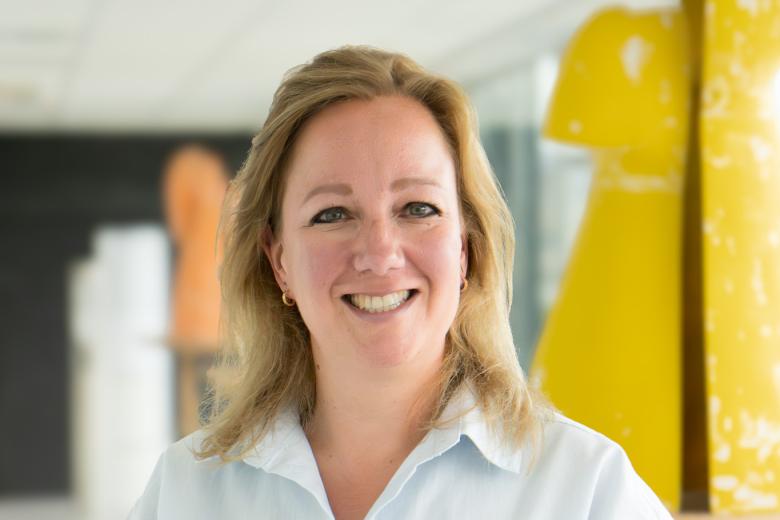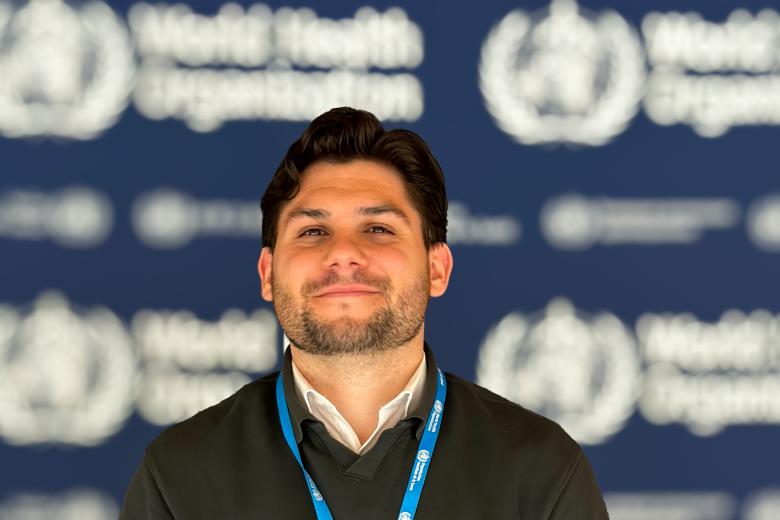Realisation of national Pilot factory for regenerative medicine has started
RegMed XB has received the first subsidy of 23 million euros from the Ministry of Economic Affairs and Climate Policy. This is the start of the realization of the national pilot factory for regenerative medicine after the Dutch cabinet decided on 9 April this year to fund the National Growth Fund proposal of RegMed XB. This amounts to a total of EUR 56 million. Through the cooperation within RegMed XB, the funds will be used for the high-quality construction, furnishing and staffing of this pilot factory in the various regions. The realization of the pilot plant not only contributes to healthcare alone, it is also a means to increase the innovation power of the Netherlands.
A unique national cooperation
The new facilities in the regions together form the pilot plant. They cover the entire chain of development and production of stem cells, mini-organs, tissues and smart (bio)materials.
Leiden: Since the middle of this year, the renovation and furnishing of the infrastructure has started. Leiden realizes this in the Dutch Center for the Clinical Advancement of Stem cell and Gene Therapies (NecstGen). In addition, the Leiden University Medical Center is working on a facility where induced pluripotent stem cells and their applications can be developed. The facility is expected to be completed in the summer of 2022.
Brabant: The Smart Biomaterials Consortium Foundation (SBMC) has started the realization of a high-quality infrastructure as the basis of a production ecosystem for bio- and biocompatible materials suitable for regenerative medicine applications.
Utrecht: The UMC Utrecht realizes the Innovation Center for Advanced Therapies with a facility for bio-fabrication, a (GMP) simulation environment and a GMP production facility for regenerative medicine.
Limburg: ReGEN Biomedical, in collaboration with Maastricht University, has started designing and developing an infrastructure for the production line for (small) tissues.
Greater innovation power
The Netherlands is already one of the frontrunners in the field of regenerative medicine. The pilot plant provides an important boost in this emerging industry. Thanks to the support of the National Growth Fund and the investment of provinces, private parties and knowledge institutions, the ecosystem is created in which parties work closely together and that brings a cure for chronic diseases a step closer.
RegMedXB
Regenerative Medicine Crossing Borders (RegMed XB) is a patient-driven public-private partnership dedicated to bringing affordable regenerative medicine solutions to patients with chronic diseases. Regenerative medicine focuses on repairing damage to cells, tissues and organs so that chronic diseases can be prevented or cured. For this purpose, stem cells, mini-organs, tissues and smart (bio)materials are used. RegMed XB connects top clusters in the field of regenerative medicine in different regions in the Netherlands (Leiden, Brabant, Utrecht and Limburg), and Flanders (Leuven). RegMed XB's ambitious research currently focuses on curing type 1 diabetes, kidney failure, osteoarthritis and cardiovascular disease.
Also read
-
Esther Heuts - Director of Education for Medicine
As a clinician, educationalist and mother of three teenagers, Esther Heuts understands better than anyone the constantly evolving world of students and doctors. From this academic year, Esther will draw on that experience in her new role as Director of Education for Medicine.

-
Mariëlle Heuts: deputy director Faculty of Health, Medicine and Life Sciences
Mariëlle Heuts joined the Faculty of Health, Medicine and Life Sciences as Deputy Director on 1 May 2025. She sees her previous work experience in various management and advisory roles at APG, Loyalis and Vodafone come together in her new position at our faculty.

-
Bruno Rocha – Drawing on Global Health skills to identify and report health threats
Through the Global Health master's programme, Bruno Rocha (an alumnus of the programme) cultivated the ability to apply a broad global lens. He puts this into practice in his current role as a consultant epidemiologist at the World Health Organization (WHO).
